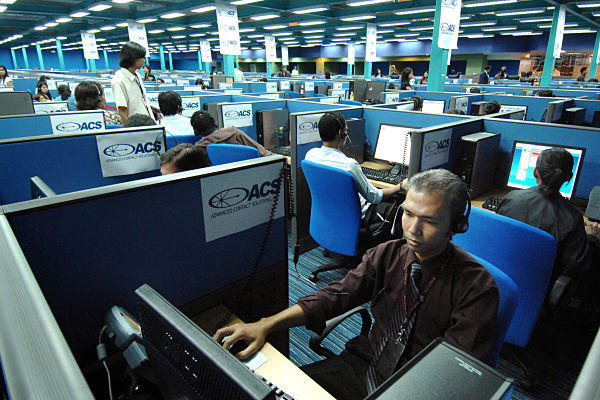A lot of companies have outsourced most of their business’ tasks to the Philippines because of cheap labor and low cost of living. Filipinos are known to be very hard working, hospitable, trustworthy and cheerful people, that’s why a lot of foreigners even decide to come here to start a business.
Unfortunately, not all Filipino employees are viewed in this light. Some expats have trouble dealing with their Filipino employees because they’re not familiar with the customs and typical attitude of Filipino workers. Then there are also others who were really unfortunate to get not-so-good employees, which can hardly be avoided regardless of what nationality you’re dealing with.
Before we discuss management problems you may encounter with Filipino employees, let me tell you the basic benefits of employees in the Philippines, as mandated by the government:
- SSS coverage – Social Security system provides pension, disability and death benefits to employees in the private sector. Employees are required to make a contribution, which is then matched in value by their employer in accordance with the SSS employee contribution table.
- Pag-ibig or Home Development Mutual Fund (HDMF) – savings system that provides low-interest housing loans.
- Philheath- provides health care benefits for employees and their dependents.
- 13th Month Pay – as per Presidential Decree No. 851, all employees, regardless of the type of their employment, should receive a month’s worth of salary on or before December 24th of each year.
- Lunch and break periods – every employee should receive an hour for lunch for an 8-hour work period. A short break in the morning and afternoon is also mandated, but it should be counted as hours worked.
Possible Problems and Solutions in Managing Filipino Workers
Filipinos are hard workers, by nature. It’s hard to find a good job in the country, so every employee wants to keep their job. Problems and cultural differences may pose problems. Fortunately, you can easily fix them with these tips.
- Lazy employees – Some foreign employers doing business in the Philippines think their employees are lazy because they take too many breaks. Before you think this way, try to count how many breaks your employees are taking. Remember, the government prescribed break periods, 1 hour lunch, 2 short breaks. If your employees are exceeding their allowed break times, talk to them and set expectations. The work culture in your country may be different, but your employees don’t know this so just explain how much work you expect them to finish and set scheduled break times. The same applies for employees who come to work late
- Deteriorating work quality – This is true, even for workers of other nationalities. You hire an applicant, and they do well for the first couple of months. After their third or fourth month, your employee’s work quality begins to deteriorate. Why is this happening?
They’re not motivated anymore. Incentives and monetary rewards are good, but it would be better if you can find other ways to motivate them. You can do this by giving your Filipino workers a chance to grow, giving them challenging tasks and training them for higher positions. Aside from that, you should also strive to develop a healthy personal relationship with your employees. Let them know that you’re not just a boss that will give them things to do. Show interest in their personal lives. This will let your employees know that you also care for them, and in turn they will care for you and your business, too.
- Frequent gossiping – American employees have the water dispenser as the proverbial meeting place for goofing around and gossiping. Filipinos, on the other hand, don’t need the water dispenser or any meeting place to gossip because they do this even in their office desks. This is a matter of culture and attitude, as Filipinos are “groupists” that feel secure when they’re together and communicating with their peers. If your employees can produce high quality work, despite of their frequent gossip sessions, let them be. However, if the constant chatter bothers you or if it affects their work, you can reprimand them privately. Tell your employees that finishing work is their priority, and that you’ll give them time to take a break when work is complete.
Everything could be resolved by talking. If you take time to hear your employee’s side, he or she will be much open to listen to your feedback. Once you establish a good working relationship with your team, you’ll never be sorry for hiring Filipino employees because they will work hard to earn your appreciation.
To get more information & assistance, please submit the form below and our specialist will get in touch with you at the earliest.










